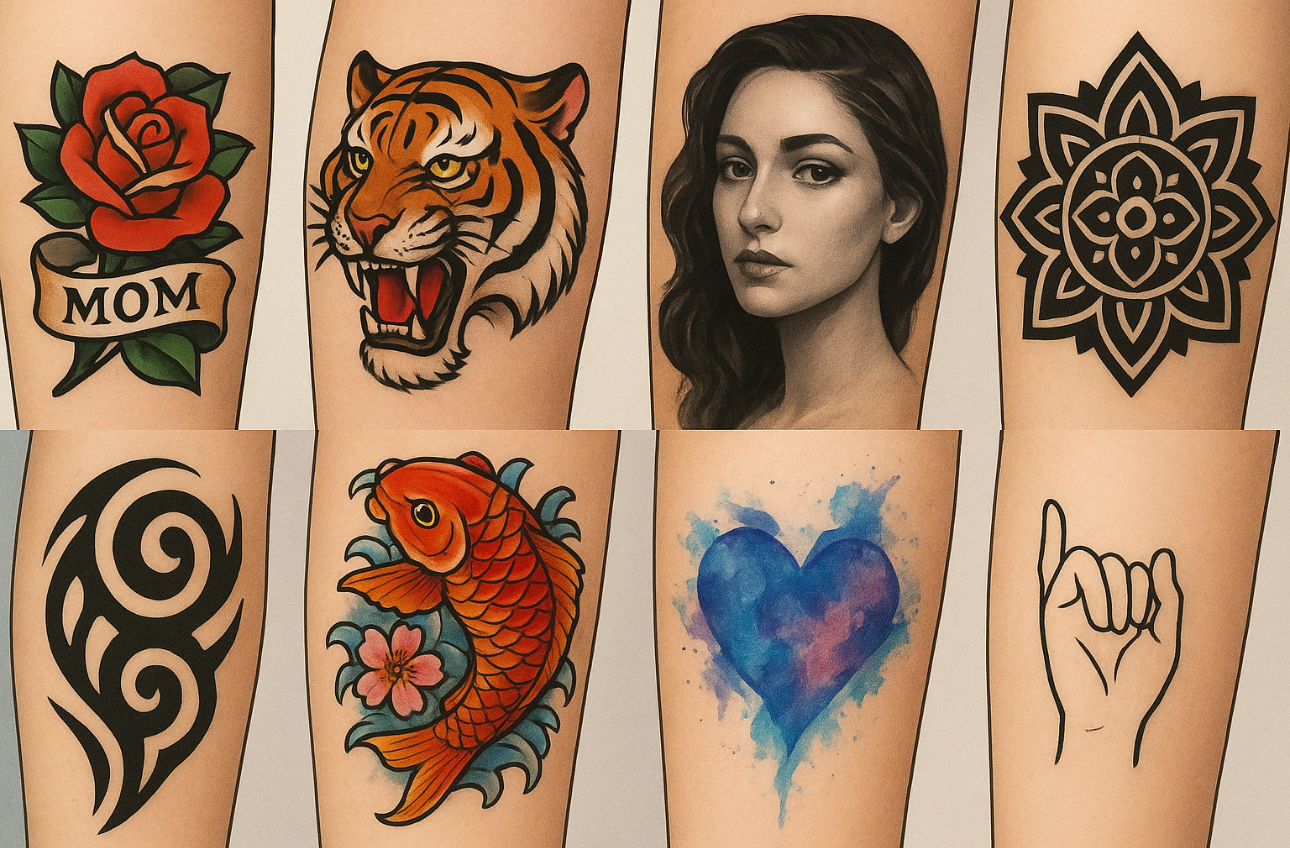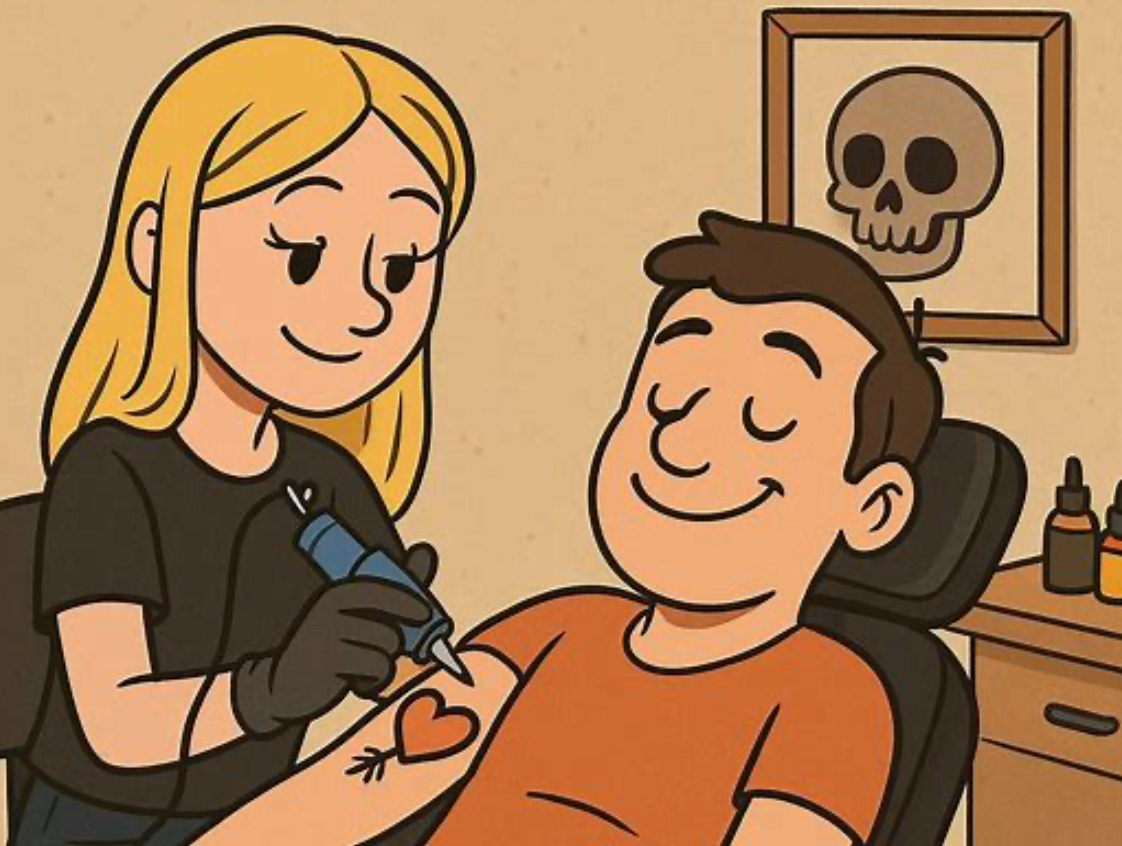For many, tattoos are more than just body art—they’re deeply personal expressions that can connect to identity, healing, and even mental health. While tattoos can’t replace therapy or medical treatment, they can play a meaningful role in emotional well-being. Here’s a closer look at the link between tattoos and mental health.
Tattoos as a Form of Self-Expression
Mental health challenges often involve feelings of being misunderstood or unseen. Tattoos provide a way to express what words can’t:
• Symbols of identity: A design that represents personal values, culture, or beliefs.
• Emotional storytelling: Tattoos can commemorate struggles, growth, or survival.
• Empowerment: Choosing how to decorate your body can give a sense of control and ownership.
Tattoos as a Tool for Healing
For some people, tattoos help in the healing process:
• Commemoration: Honoring lost loved ones or marking recovery milestones.
• Reclaiming the body: Tattoos can cover scars or help people reconnect positively with their physical self after trauma or illness.
• Affirmation: Daily reminders of strength, resilience, or positivity.
The Mental Health Benefits of Tattoos
While research on tattoos and psychology is still growing, some studies and personal accounts suggest:
• Boosted confidence: A tattoo can help people feel more comfortable in their skin.
• Reduced anxiety: The ritual of getting tattooed can be grounding and cathartic.
• Community and connection: Tattoos often spark conversations and connections with like-minded people.
When Tattoos May Be a Red Flag
It’s also important to acknowledge that tattoos can sometimes signal underlying struggles:
• Impulsive choices: Tattoos done hastily during emotional distress may lead to regret.
• Self-harm replacement: While tattoos can cover scars, in some cases they may reflect unresolved pain.
• Body image struggles: For a few, tattoos can be tied to dissatisfaction rather than empowerment. This doesn’t mean tattoos are harmful—but it highlights the importance of being mindful of motivations before getting inked.
Healthy Ways to Approach Tattoos and Mental Health
1. Reflect before committing: Ask yourself what the tattoo means and why you want it.
2. Choose symbols carefully: Pick designs that uplift you or carry long-term meaning.
3. Talk to your artist: Many tattooists are sensitive to mental health journeys and can help you feel comfortable.
4. Balance with support: Tattoos can be healing, but they’re not a substitute for therapy, counseling, or other mental health care.
Final Thoughts
Tattoos can be powerful markers of resilience, healing, and self-expression. For some, they are a form of therapy in themselves—transforming pain into art, and memories into symbols of strength. While not a cure for mental health struggles, tattoos can serve as reminders of identity, survival, and hope. In the end, what matters most is how a tattoo makes you feel: seen, empowered, and whole.



